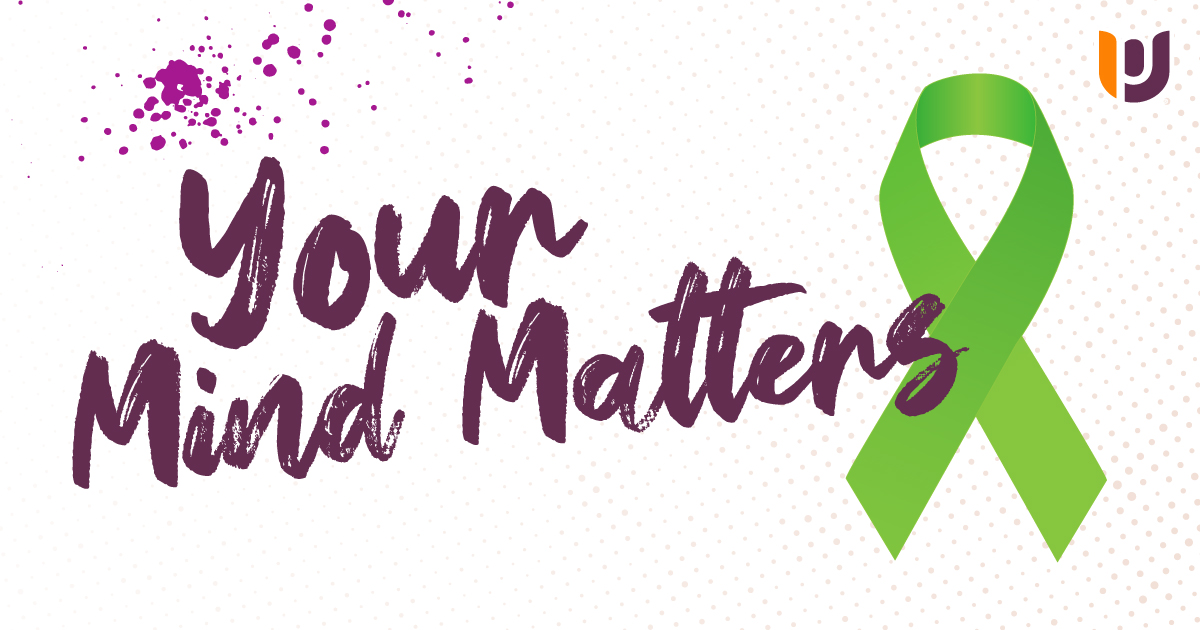
One in four Americans suffer from mental illness in a given year, and many more suffer from the stress of navigating life. May is Mental Health Awareness Month, and as the name suggests, it is devoted to raising awareness about mental health struggles and abolishing the stigma against mental illness. If you would like to help those struggling with mental health issues in any way, here are three things you can do:
- Check up on your strong friends. Despite attempts to battle the stigma around mental health conditions, unfortunately, it persists, especially if an individual grew up with people who shamed emotions and invalidated problems. You can read a million articles titled “Signs Someone is Struggling”, but the fact of the matter is, if your friend is adamant about hiding their feelings, you will not suspect anything. Before committing suicide, a 19-year-old Southern University cheerleader posted a final note on her Instagram, in which she said that many people thought she was okay, but she truly was not. This is why I believe that you should not be actively looking out for signs that someone is struggling in order to check in with them. Rather, that should be a regular occurrence, and the act will make your friends feel loved and cherished.
- Get information about mental health conditions from those living with them, too. Psychologists, psychiatrists, and nurses can offer valuable information about mental health disorders, but many conditions, such as schizophrenia, personality disorders, and substance abuse, are stigmatized even in the mental health field. Therefore, a great way to learn about a condition without stumbling upon misinformation or blame is to listen to first-hand accounts of people who live with that condition every day. You would then be likely to understand the innermost thoughts and feelings that the sufferer experiences, which professionals, who are looking from the outside, might not have access to.
- Understand that therapy is not for everyone, and expand your idea of “getting help”. While detaching the stigma from therapy and spreading the idea that one does not need to have serious trauma to see a professional are necessary, we must not swing the pendulum too far the other way and assume that therapy is universally beneficial. I myself never liked therapy; I found my therapists to be patronizing and incompetent. I mostly recovered from serious issues by building a healthy support system and developing hobbies. I have two other friends who share similar sentiments.: one thought her therapists were subtly invalidating and too goal-oriented for her liking, and she has since made huge strides in recovering from her trauma with the support of friends. The other admits that therapy is not right for him and he prefers engaging in relaxing hobbies and self-reflecting. After all, a great indicator of the benefit of therapy for a patient is the patient’s willingness to attend and participate in the sessions.
